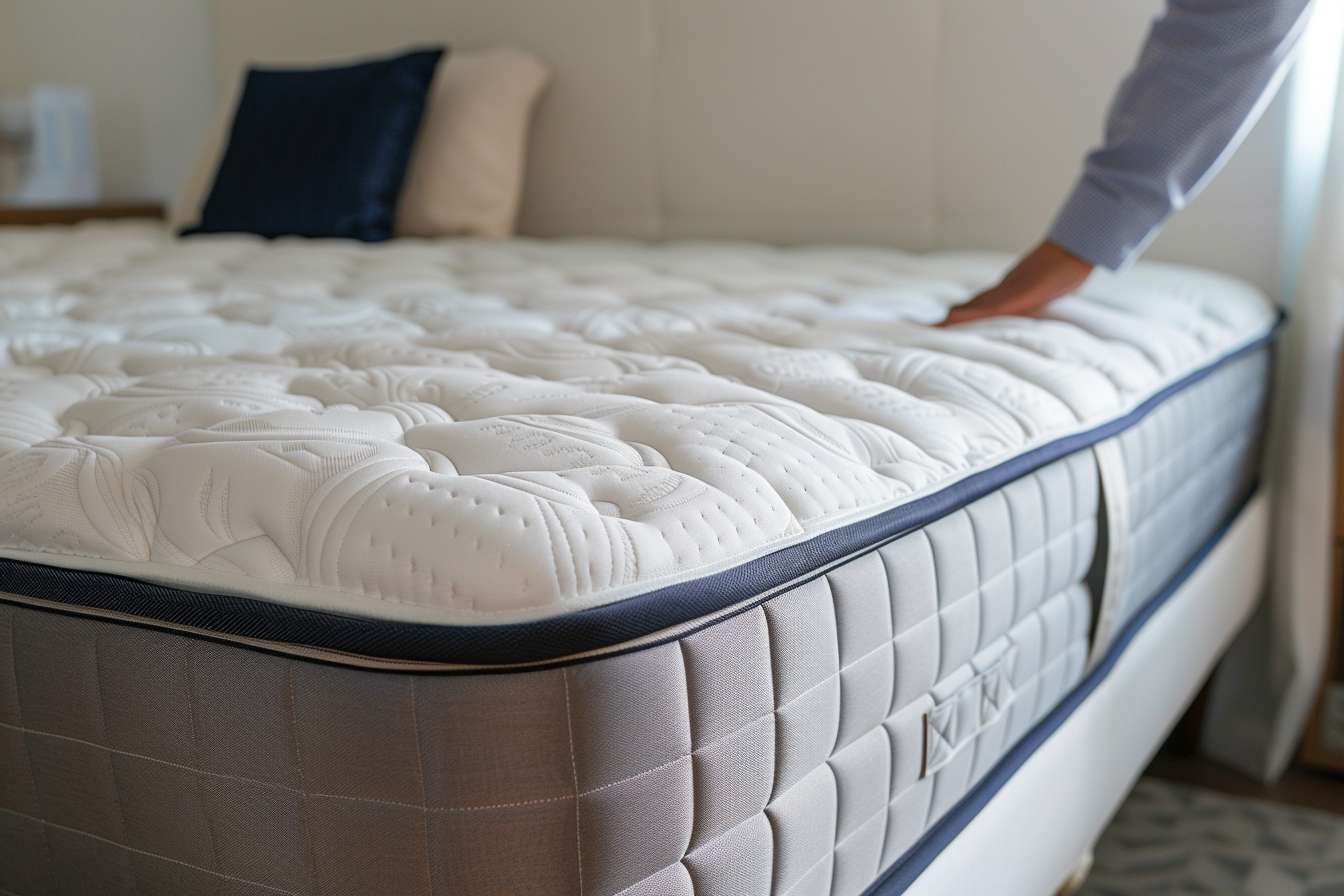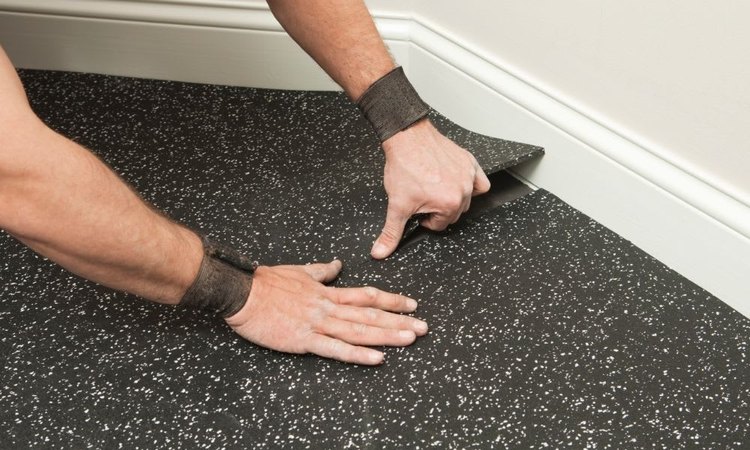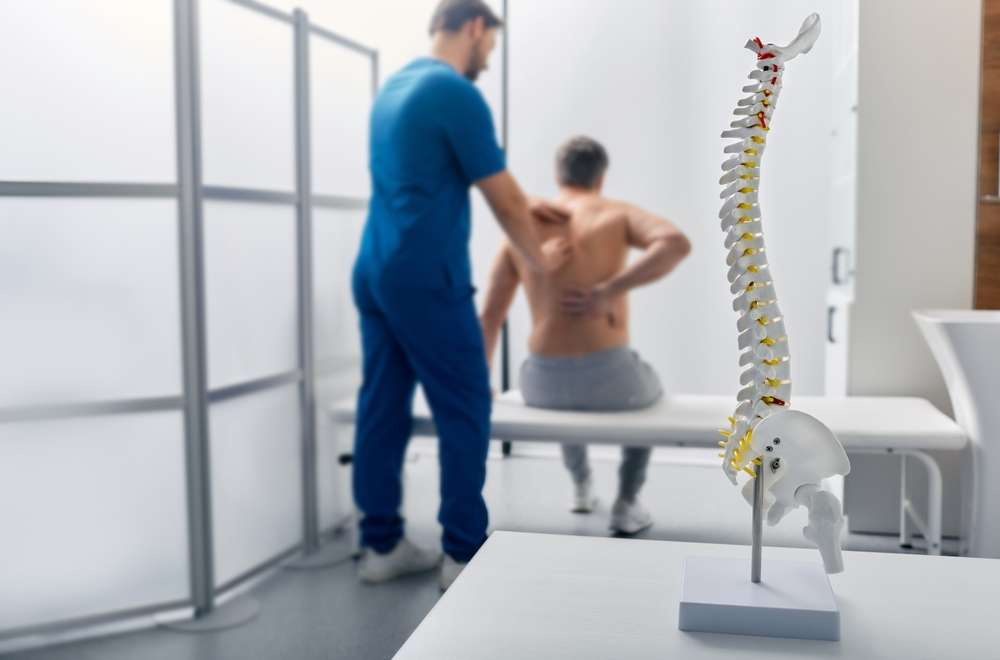Dental Implants: A Comprehensive Guide for Seniors and the Elderly
Dental implants have revolutionized tooth replacement options, offering a permanent and natural-looking solution for those who have lost teeth due to age, injury, or disease. For seniors and the elderly, dental implants can be particularly beneficial, providing improved oral function, enhanced appearance, and a better quality of life. This comprehensive guide will explore the world of dental implants, with a special focus on their advantages for older adults and the latest innovations in implant technology.

Why are dental implants particularly beneficial for seniors?
For elderly individuals, dental implants offer numerous advantages over traditional tooth replacement options like dentures or bridges. Firstly, implants help preserve bone density in the jaw, which naturally decreases with age and tooth loss. This preservation of bone structure can help maintain facial features and prevent the sunken appearance often associated with long-term denture use. Additionally, dental implants provide a more secure and comfortable fit compared to removable dentures, allowing seniors to eat a wider variety of foods and speak with greater confidence.
What are screwless implants, and how do they benefit older patients?
Screwless implants, also known as press-fit implants, are a modern innovation in dental implant technology. Unlike traditional implants that use screws to secure the implant to the jawbone, screwless implants rely on a precise fit and surface treatment to promote osseointegration. This design can be particularly beneficial for elderly patients, as it often requires less invasive surgery and may result in faster healing times. Screwless implants can also be advantageous for seniors with reduced bone density, as they can sometimes be placed in areas where traditional screw implants might not be suitable.
How do dental implants compare to other tooth replacement options for seniors?
When considering tooth replacement options, it’s important for seniors to understand how dental implants compare to alternatives like dentures and bridges. While implants generally have a higher upfront cost, they offer several long-term benefits that can make them a worthwhile investment for many older adults.
| Option | Durability | Comfort | Bone Preservation | Maintenance |
|---|---|---|---|---|
| Dental Implants | 20+ years with proper care | High - feels like natural teeth | Excellent - preserves jaw bone | Low - brush and floss like natural teeth |
| Dentures | 5-7 years on average | Moderate - may slip or irritate gums | Poor - can lead to bone loss | High - daily removal and cleaning required |
| Bridges | 10-15 years on average | Good - fixed in place | Moderate - some bone loss may occur | Moderate - special cleaning techniques needed |
Prices, rates, or cost estimates mentioned in this article are based on the latest available information but may change over time. Independent research is advised before making financial decisions.
What is the typical process for getting dental implants as a senior?
The dental implant process for seniors typically involves several steps, spread out over a few months. Initially, a comprehensive oral examination is conducted, including X-rays and 3D scans to assess bone density and determine the best implant placement. If necessary, procedures like bone grafting may be recommended to ensure sufficient bone support for the implants.
Once the jawbone is prepared, the implant surgery is performed. This is usually done under local anesthesia, with sedation options available for anxious patients. After the implants are placed, a healing period of several months is required to allow for osseointegration. During this time, temporary teeth may be provided.
Finally, once healing is complete, the permanent crowns are attached to the implants. Throughout this process, special consideration is given to the unique needs of elderly patients, including any medical conditions or medications that may affect healing or implant success.
How can seniors maintain their dental implants for long-term success?
Proper maintenance is crucial for the longevity of dental implants, especially for seniors who may have additional oral health challenges. Regular brushing and flossing are essential, along with the use of interdental brushes or water flossers to clean around the implants. Seniors should also attend regular dental check-ups for professional cleaning and to monitor the health of their implants and remaining natural teeth.
Additionally, elderly implant patients should be mindful of lifestyle factors that can affect implant success, such as smoking or uncontrolled diabetes. Maintaining good overall health and following a balanced diet can contribute to the long-term success of dental implants.
In conclusion, dental implants offer a robust and effective tooth replacement solution for seniors and the elderly. With advancements like screwless implants and personalized treatment plans, more older adults can benefit from the improved quality of life that comes with a healthy, functional smile. By understanding the process, benefits, and maintenance requirements of dental implants, seniors can make informed decisions about their oral health and enjoy the advantages of this innovative tooth replacement option.





